#malawi
Text

Zambian klipspringer Oreotragus oreotragus centralis
Observed by guyrufray, CC BY-NC
19 notes
·
View notes
Text





Baby Pangolin vs. Feisty Ants
492 notes
·
View notes
Photo
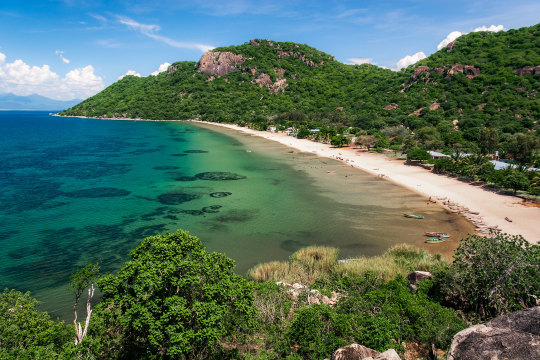
Monkey Bay, Lake Malawi, in the East African Rift system, located between Malawi, Mozambique and Tanzania
227 notes
·
View notes
Text
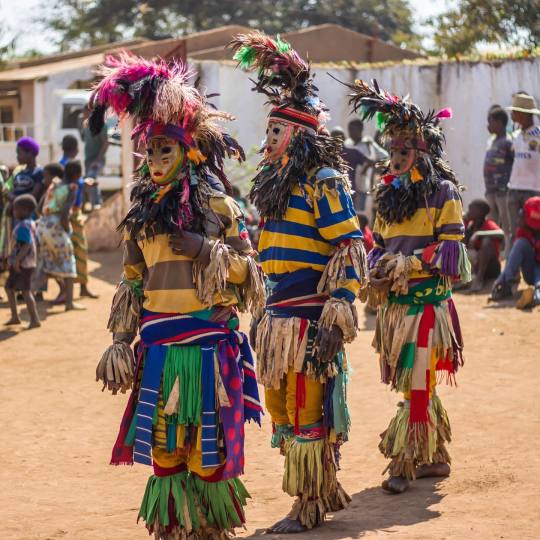
Nyau dancers, Malawi, by Mwabwera Ntchana
#nyau#malawi#africa#traditional clothing#traditional fashion#cultural clothing#folk clothing#eastern africa
238 notes
·
View notes
Text
AFRICAN FLAG-DESIGN TOURNAMENT: ▼▲▼ The Grand Final ▲▼▲
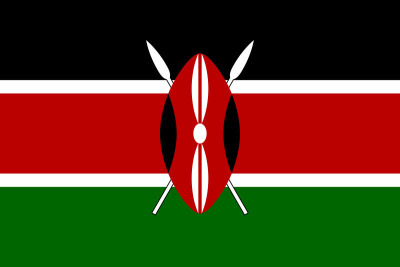
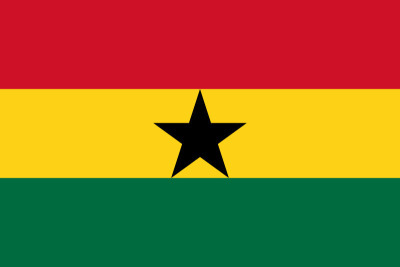

Link to the tournament masterpost, and kindly reblog!
57 notes
·
View notes
Photo

Republic of Malawi relief map.
by InzilaOrg
84 notes
·
View notes
Text
Odd jobs are few and far between in Nearobo. Peter knows because every day he walks the streets of his village in south-east Liberia looking for one. In a good month, he might make $20 (£16.70). That’s hardly enough to feed himself, let alone his children.
But today things are looking up. As part of an innovative new donation scheme, Peter receives $40 (£33.40) per month for a minimum of three years. No paperwork. No requests for receipts. No catch of any kind, in fact. Just hard cash transferred straight to his mobile phone.
The 59-year-old casual labourer plans to use the money to buy materials for a new home for himself and his family, he says. “Although it is going to take long, I will continue until my house is completed.”
The scheme is part of a new-look approach to development assistance that, if taken to scale, could potentially turn the £156bn international aid industry on its head.
At least, so says Rory Stewart, the former UK foreign secretary turned podcaster-in-chief (he co-hosts ‘The Rest is Politics’ with Alastair Campbell, a surprise hit which has topped the Apple podcast charts virtually every week since it launched a year ago). From his new base in Amman, Jordan, Stewart heads up GiveDirectly – the world’s fastest growing nonproft – who are behind the initiative.
“It’s a rather radical, simple idea to help people out of extreme poverty. We deliver the cash directly … there’s no middleman and no government getting in the way.”
It feels like an odd statement from someone who has spent much of his life in government service: first as a junior diplomat for eight years (during which he penned a bestselling book about dodging Taliban bullets and hungry wolves whilst walking across Afghanistan), followed by almost a decade as a politician at Westminster.
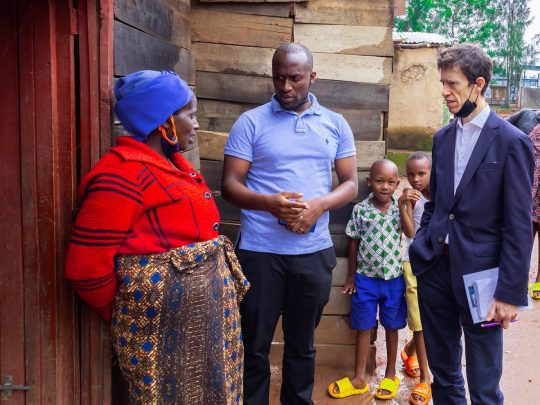
Pictured: Rory Stewart and GiveDirectly’s Ivan Ntwali talk with a refugee household in Rwanda. Image: GiveDirectly
His enthusiasm is even more surprising given his initial caution. During his various ministerial stints at the UK’s department for international development (including three months as secretary of state), he was an out-and-out “cash sceptic.”
Giving away money with no strings attached was, he felt at the time, an impossible sell to tax-paying voters. What’s stopping recipients spending it down the pub? Or investing in a hair-brained business venture?
Quite a lot it turns out. No one knows the value of money more than those who don’t have any, he argues. Give an impoverished mother-of-four $40 (£33.40) cash and, 99 times out of 100, she’ll spend it on something useful: repairs to the house, say, or school fees for her kids...
By virtue of GiveDirectly’s model, participants can spend their money on whatever they choose, but the charity’s research indicates that most goes towards food, medical and education expenses, durables, home improvement and social events.
On the flipside, Stewart also has numerous examples of well-funded aid projects that deliver next to nothing. A decade ago, the then United Nations general secretary Ban Ki-moon estimated that 30 per cent of aid money disappears in corruption. There is little to suggest much has changed.
The aid industry doesn’t need corrupt officials to see its funds evaporate, however; it has its own voluminous bureaucracy. Stewart recalls once visiting a $40,000 (£33,560) water and sanitation project in a school in an unnamed African country. The ‘deliverables’ were two brick latrines and five red buckets for storing water...
The beauty of direct giving, he stresses, is not just that it annuls opportunities for thievery and red tape; it also frees the world’s poorest individuals from the well-meaning but, very often, misplaced guidance of donors. An aid expert in Brussels or Washington DC may well have a PhD in development economics, but who is best to judge what a single mother in a Kinshasa slum needs most and how to obtain it most cheaply: the expert with her degree, or the mother with her hungry children?
Empowering recipients to decide for themselves helps end the kind of “mad world” where aid agencies pay to ship wheat from Idaho, US, to Antananarivo, Madagascar, only for local people to sell it in order to buy what they really want, Stewart reasons.
“So often, these communities are having to turn the goods we send them into cash anyway, but just in a very inefficient and wasteful fashion … instead [with direct cash transfers] they are given the choice and freedom in how to spend it.”
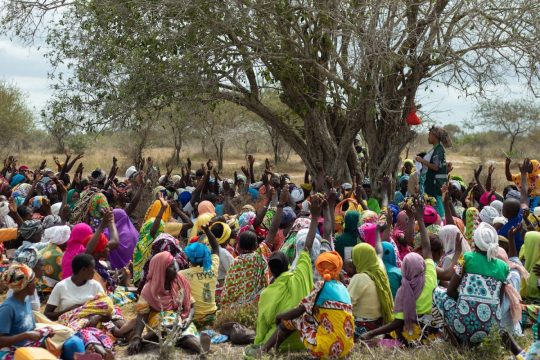
Pictured: Villagers in Kilif, Kenya, at a public meeting about the GiveDirectly programme. Image: GiveDirectly
Is the system perfect? No, clearly not. Stewart concedes that opportunities for fraud and coercion exist. To minimise these risks, GiveDirectly employs field officers to meet face-to-face with recipients, as well as a team of telephone handlers and internal auditors to follow up on reports of irregularity.
By his reckoning, however, the biggest impediment to direct giving really taking off is donor reticence. At present, only 2 per cent of official aid is given direct in cash. Stewart thinks it should be closer to 60 or 70 per cent...
‘My children will not have to beg anymore’
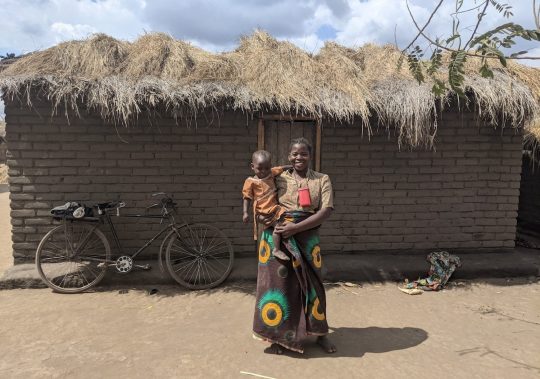
Happiness Kadzmila from Malawi enrolled on GiveDirectly’s Basic Income project last summer. She will now receive $50 (£41) a month for a year ($600/£496 in total).
What are the biggest hardships you’ve faced in life?
I am a divorced mother of four children. I got divorced in 2020 while I was eight months pregnant with my last-born child. Since then, I have been depending on working on other people’s farms. I get paid $0.49 (£0.43), or a plate of maize flour per day. As a result, it has been a challenge to feed my children, buy clothes for them, and to pay their school fees My firstborn child is in year 4, the school charges $0.69 (£0.61) per day for her. My second is in year 3, I pay $0.49 (£0.43) for him. There were days when I would have no food in my home, and my children would go to my neighbours’ homes to beg for food. This made me feel sorry for my children as a mother.
What does receiving this money mean for you?
I was so happy the day I received cash amounting to $51.75 (£43.56) from GiveDirectly. I used the money to buy maize at $9.88 (£8.32). My children will not have to go to our neighbours to beg for food anymore. I also bought a sheep at $34.58 (£29.10). I will be selling sheep in future when they multiply. I also bought lotion and soap at $1.88 (£1.58).
How will you spend your future payments?
I plan to renovate my house. I have always admired those who sleep in houses made of a roof with iron sheets because they do not have to think of fetching grass every year for a new roof. I will also start a business selling doughnuts to sustain my income after I receive my last transfer. I did not know that an organisation like GiveDirectly would come to help me this way All I can say to those who are giving us this money is ‘thank you’."
-via Positive News, 3/3/23
More and More People to Help
In addition to their universal basic income programs, GiveDirectly also has dedicated programs where you can donate to emergency disaster relief, people living under the protracted civil war and human rights disaster in Yemen, refugees, and survivors of the Syria-Turkey earthquake.
They have also commissioned a number of large-scale, third-party studies on the effectiveness of their numerous universal basic income models. Find these and other projects here.
#charity#donations#foreign aid#extreme poverty#poverty#economic inequality#africa#yemen#syria#turkey#malawi#kenya#rwanda#refugees#refugee crisis#givedirectly#universal basic income#good news#hope
197 notes
·
View notes
Text
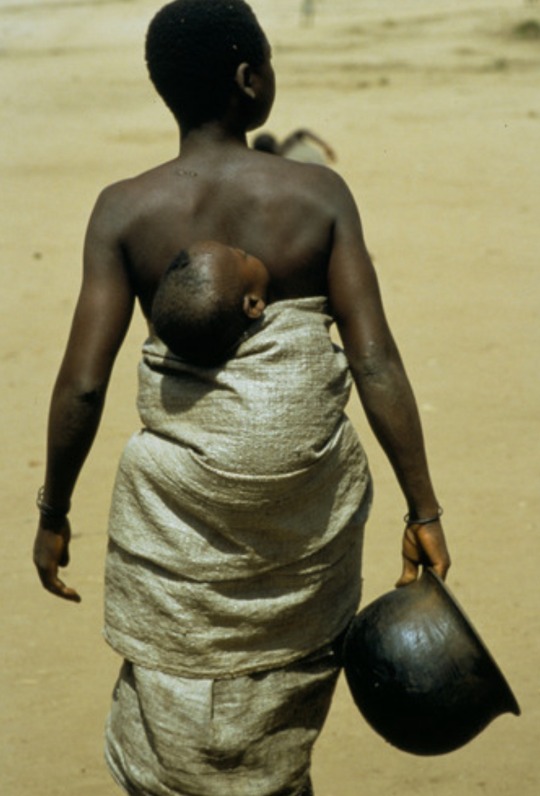
“Mozambican refugees: a mother dressed in a sackcloth carries her son on her back. Nyamithuthu Refugee Camp, Malawi” c.1991
28 notes
·
View notes
Text
Good News From Israel
Israel's Good News Newsletter to 3rd Dec 23
In the 3rd Dec 23 edition of Israel’s good news, the highlights include:
Heroic action by Israel’s first all-female tank crews.
In clinical trials, new Israeli treatment cures liver cancer patient.
14 Israelis awarded European research grants.
Israeli pen reads handwritten text to the visually impaired.
Israeli startups improve road safety and reduce traffic congestion.
Israeli soccer players won’t take “no” for an answer.
The IDF prepare to celebrate Hannukah in Gaza.
Read More: Good News From Israel

American Israelis (and other Anglos) celebrated Thanksgiving just over a week ago. In Israel last week there was much to be thankful for - the release of many hostages, temporary respite from running to shelters, and more reports of heroic rescue actions on Oct 7, from a farmer, a foreign asylum-seeker and all-women tank crews. Please read the rest of this newsletter for many more positive news stories that we can all be thankful for.
The photo of flags flying on our balcony is our personal thanks just for having the blessing and protection of our own State.
#Arabs#Artificial Intelligence#cancer#donated organs#drones#Gaza#Genius of Israel#good news#Hamas#Hannukah#hostages#IDF#Israel#Jewish#Malawi#menorah#security#soccer#tanks#terrorists
37 notes
·
View notes
Text
Please reblog for a bigger sample size!
If you have any fun fact about Malawi, please tell us and I'll reblog it!
Be respectful in your comments. You can criticize a government without offending its people.
22 notes
·
View notes
Text
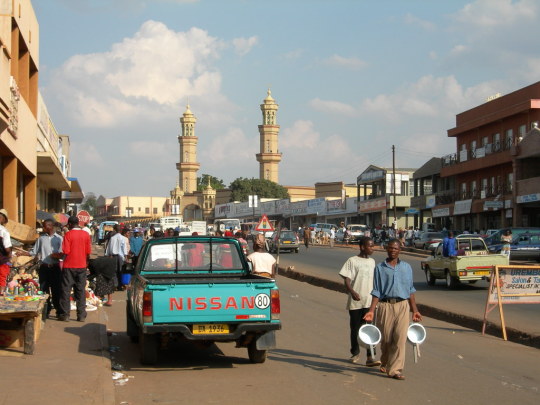
Lilongwe, Malawi
#lilongwe#malawi#africa#east africa#street#streets#dailystreetsnapshots#travel#photography#places#travel goals
11 notes
·
View notes
Text

William Kwakwamba: The Boy Who Harnessed the Wind. 🇲🇼
Guys let's get our YouTube channel (YT: Historical Africa) to 80k subscribers. Kindly Click on the link to subscribe https://youtube.com/c/HistoricalAfrica
89 notes
·
View notes
Text

Rutilated Smoky Quartz from Mount Malosa in Zomba, Malawi
#smoky quartz#quartz#crystals#minerals#rocks#nature#crystal#natural crystal#gemstones#mineral collection#gems and minerals#rutilated quartz#rutilated#Malawi#natural smoky quartz#gems#malawi smoky quartz#smoky quartz crystal#natural crystals#witchy#witchy vibes#witchy things#crystal witch#geology#geology rocks#nature rocks#crystal collection
28 notes
·
View notes
Text
Modern Day Shorts #18
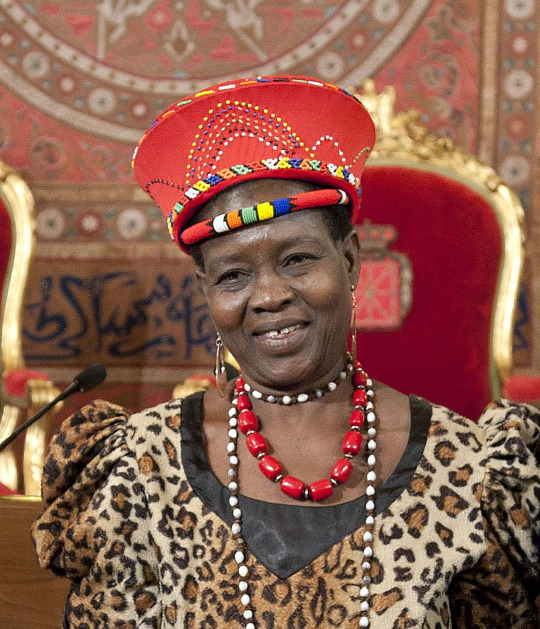
This is the lovely Theresa Kachindamoto, Inkosi of the Dedza District in the country of Malawi. In current day times, and like she has always been, Kachindamoto is a woman on a mission. She's a women's and children's rights activist who advocates for the education of children, abolishment of child marriage, and equality of young women in several African nations.
She is the first female African chief. She was simply informed one day as a college student that she was made senior chief of the Dedza District. Returning home she witnessed first hand the chaos of child marriage and intense poverty plaguing Malawi. Malawi itself has one of the highest child marriage rates in the world.
Kachindamoto took her new role incredibly seriously, and got to work immediately. She's annulled thousands of child marriages in the past years, through commands, lawmaking, and cultural authority.
Education of children, especially young girls is very important to Kachindamoto. The woman has created parent ran networks that help keep children in schools as well, and her work doesn't stop in her home district. She is a strong activist. Despite receiving death threats and resistance, Kachindamoto refuses to back down.
She plans to be chief until her death, and fight until that happens.
#history is now#malawi#african history#2010s#2020s#current day#modern day#malawi history#malawian history#history#idols#child marriage#women's rights#children's rights#activism#activist#activists
39 notes
·
View notes
Photo
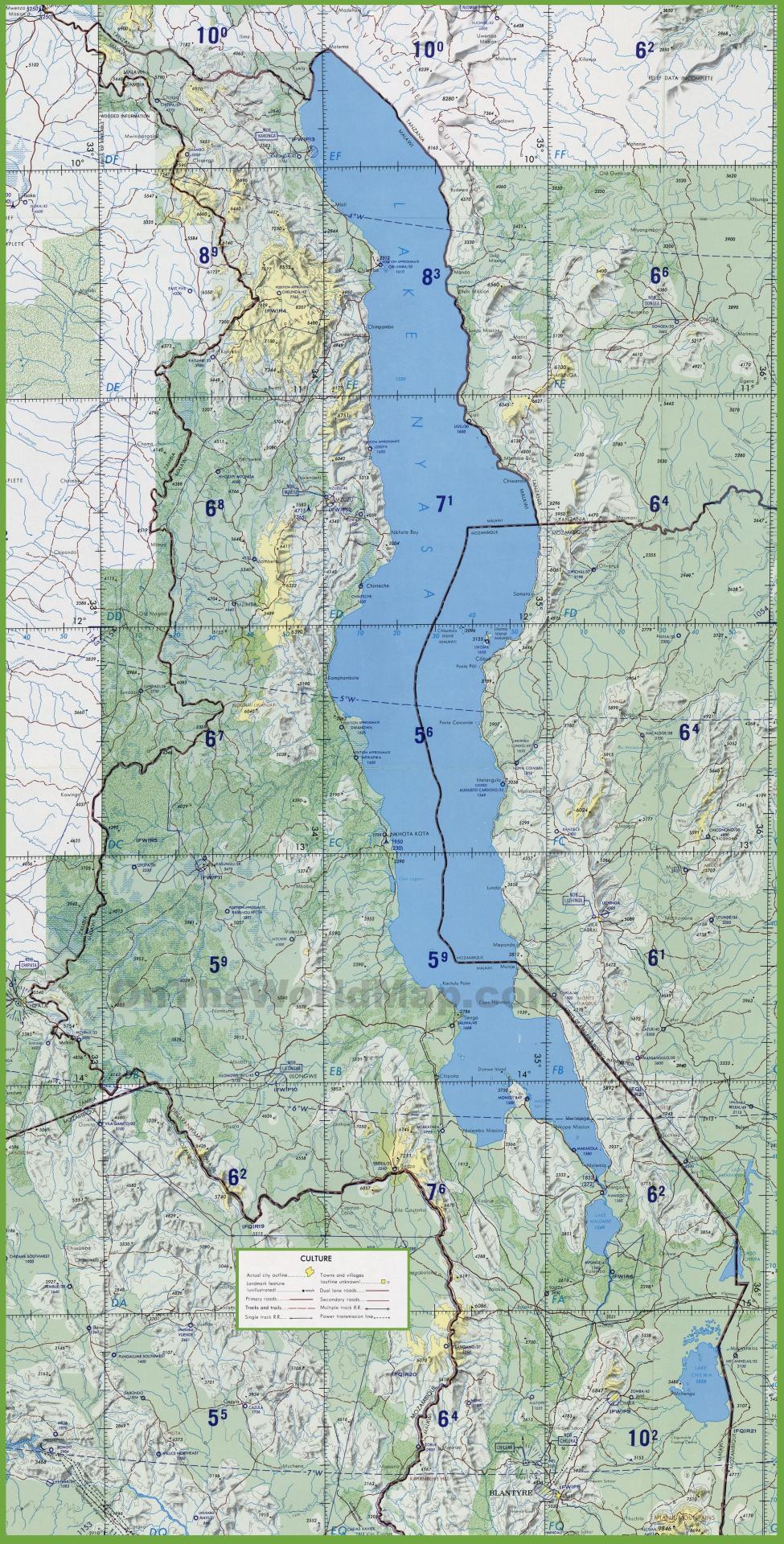
A map of Malawi, one of the less known African states. Note the two exclave islands next to Mozambique.
117 notes
·
View notes
Text
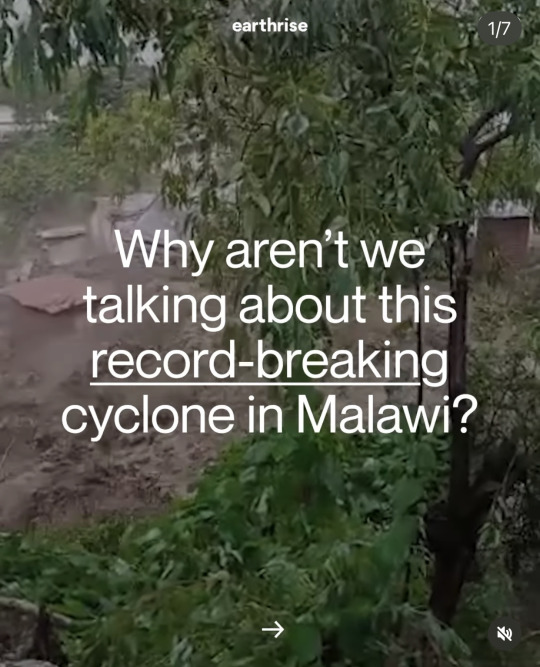



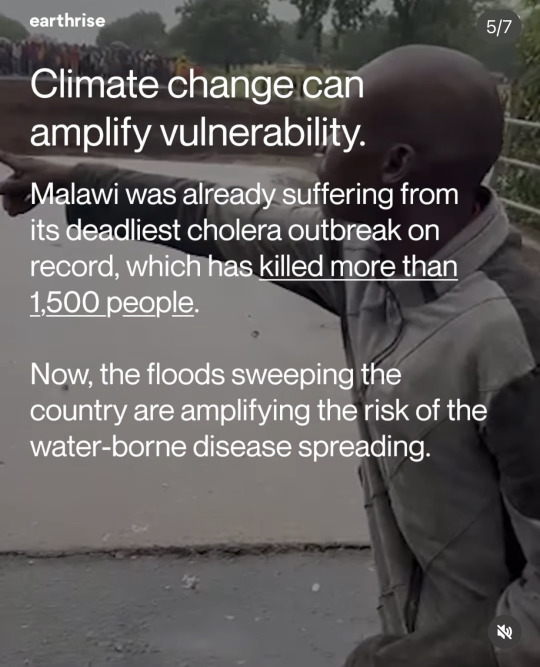
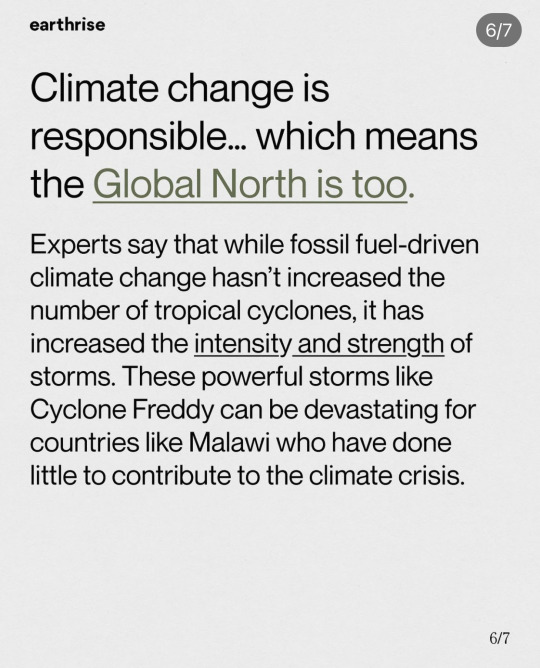
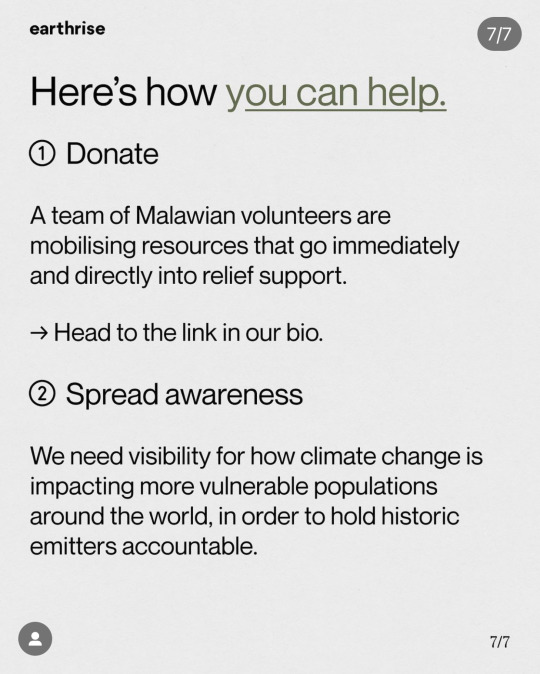
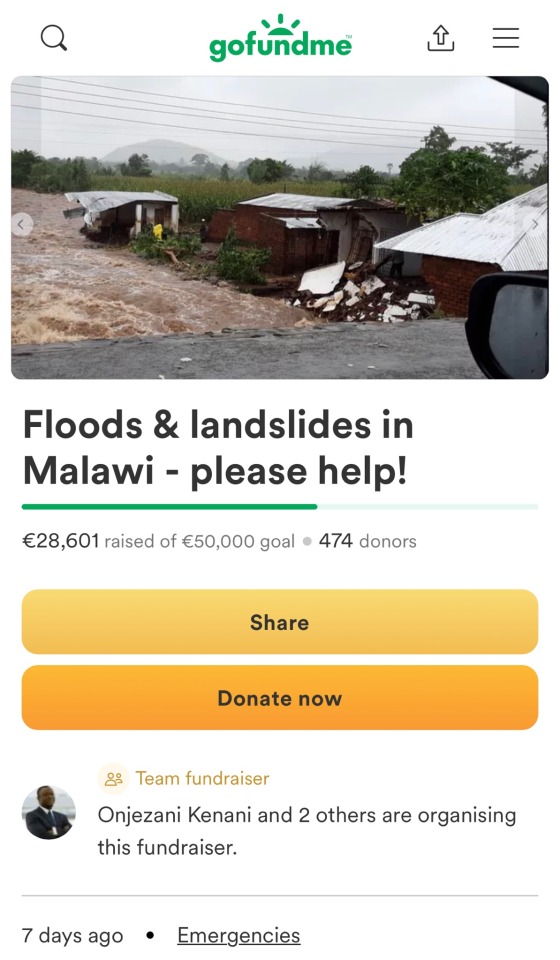
Cyclone Freddy has caused a lot of damage in Malawi, Mozambique and Madagascar. Many have died due to the storm and a lot of people have lost their homes. Please spread awareness and donate here
64 notes
·
View notes